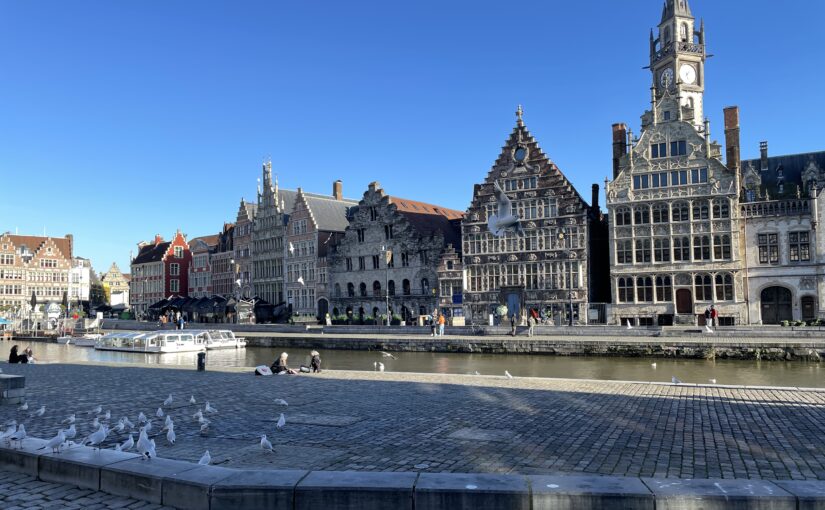Field of study in Wageningen: Landscape Architecture
Study period exchange: 19/09/2022 – 31/01/2023
Country (exchange): Belgium
City (exchange): Ghent
University (exchange): KU Leuven
Faculty (exchange): Architecture
2. Motivation for exchange
Why did you choose to go on study exchange?
Mainly to explore a different field of architecture, (I studied interior architecture during my exchange). Also, to have an incredible experience in another country with people from all over the world.
What is the reason you chose for this country/university?
I ended up in Belgium because of the course I chose. This was my main reason. I read a lot of positive things about KU Leuven as well, so I was excited to go there.
3. Accessibility to reach destination
Do you have any tips to reach your exchange destination?
Ghent is very easy to reach by train, around 3.5 hours. You can save a lot of money if you book the tickets in advance. Flixbus is an option too, which is very cheap.
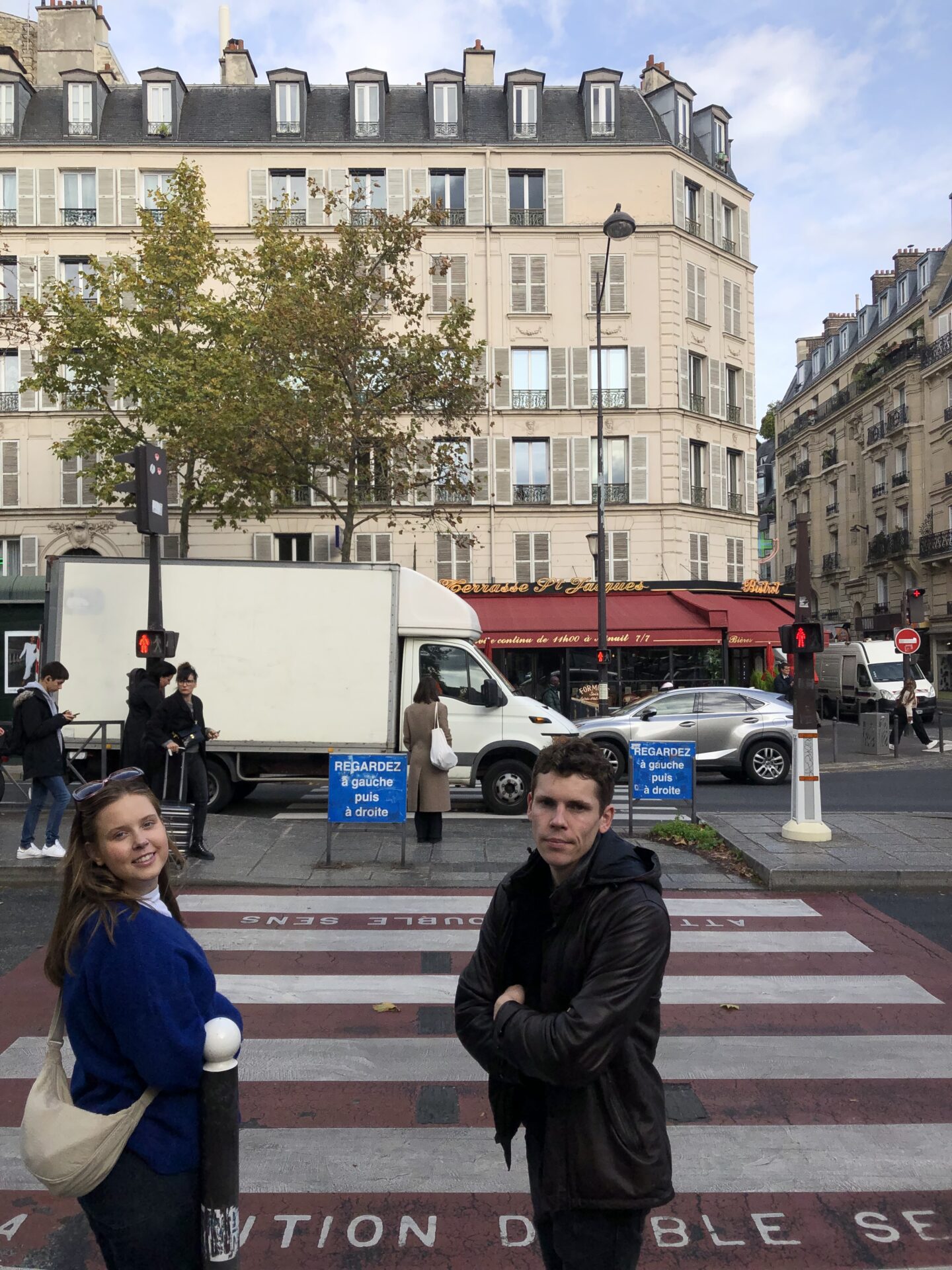
4. University and studying
Could you provide some general information about the followed courses?
 How is the study formalized?
How is the study formalized?
Compared to Wageningen it was very different. It was much more practical I would say, which was nice. However it was also more work and the guidance was different too. The teachers leave you free to do your projects how you want to, but have very strong opinions. I feel like in Wageningen research and argumentation for decisions are important as well as the design process, whereas at KU Leuven the end result was very important. Nothing could be conceptual, but everything had to be carried out. The workload during the semester was high, but in the end when most students have exams we had time off.
What is the culture of the university?
The Belgian students were not very used to international students, they were not the most approachable. The level of English was lower too, which makes it more difficult if you don’t speak Dutch. However, all the other international students were very nice and I had a great time. The teachers were nice too, they were quite direct in what you had to improve which I liked.
What does the university offer the student additionally?
The university did not offer that much to us internationals, as it is a small facility. But you could get discounts on a lot of activities. The campus has nice facilities such as a 3D printer, laser cutter and good printers and plotters. The university organized housing for some students too which was very helpful.
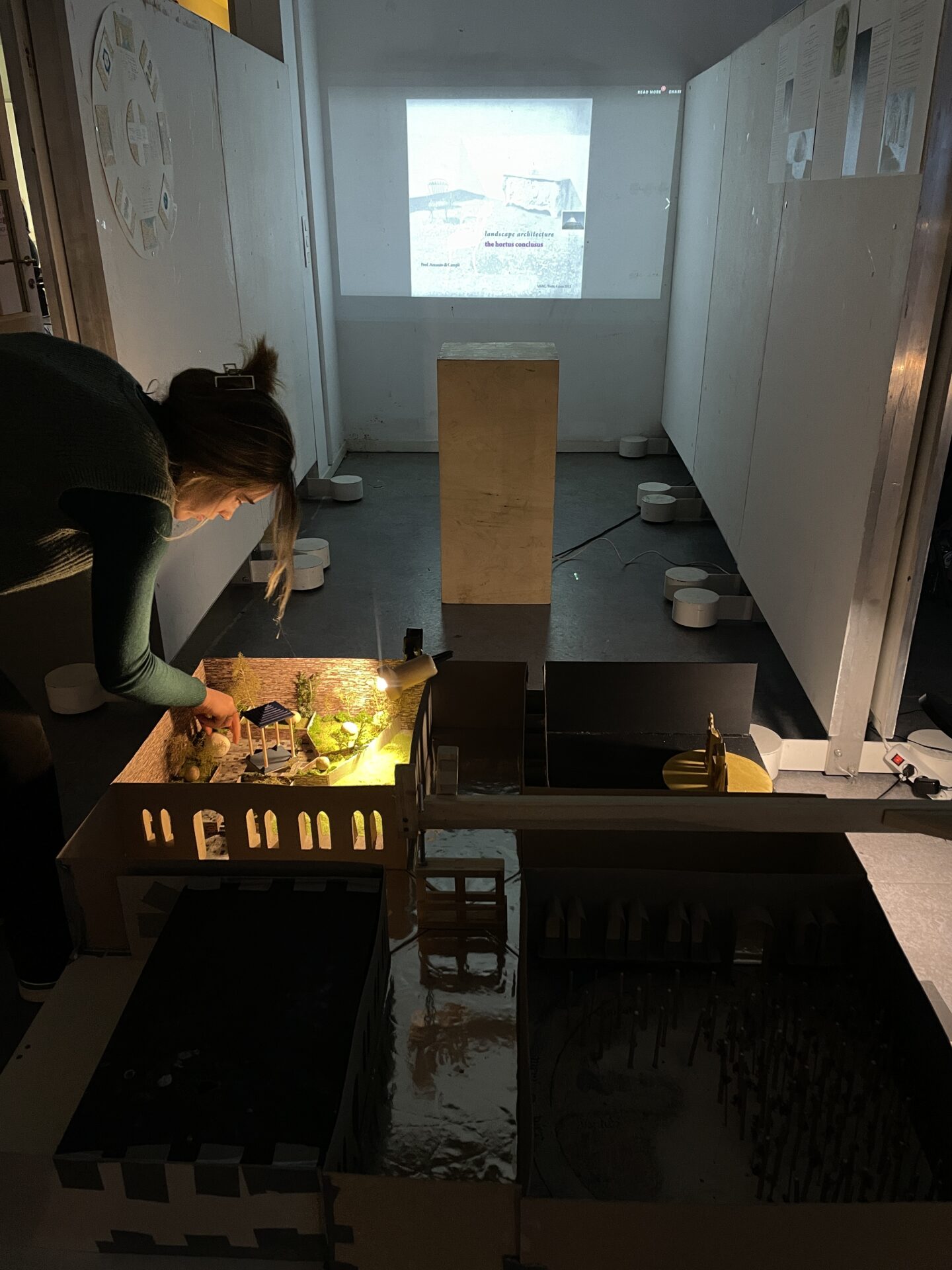
5. Housing-travelling-living
What are the possibilities for housing?
The housing is different than in Wageningen. There aren’t really big student houses where you live with a lot of people together. When you apply for a room you don’t really see who else lives in the house. It is more private in a way. I got a room via the university and I stayed within a very big student accommodation called Upkot. Here we had all shared facilities, but it was well organised by the company. Finding a room on your own in Ghent as a foreigner can be very difficult as there is a big shortage in rooms.
What is the culture of the country like?
Very similar to the Netherlands, but I found the people more reserved. If you talk to them they are nice though. They work very hard however.
Could you give a general price indication of the place of residence compared to living in Wageningen?
It is more expensive than Wageningen, but overall not that expensive. I paid 500 a month for my room. The location is much better compared to Wageningen (in my opinion) so it is worth it.
Could you give some information about public transport infrastructure?
By tram you can reach most of the city. Trams go every 5/10 minutes and very easy to use. A ride is 2.50 euro, but they don’t really check for tickets. For destinations further away trains and buses are easy too. Public transportation is much cheaper than in the Netherlands, especially the train. I would recommend the bike though, since everything is close by.
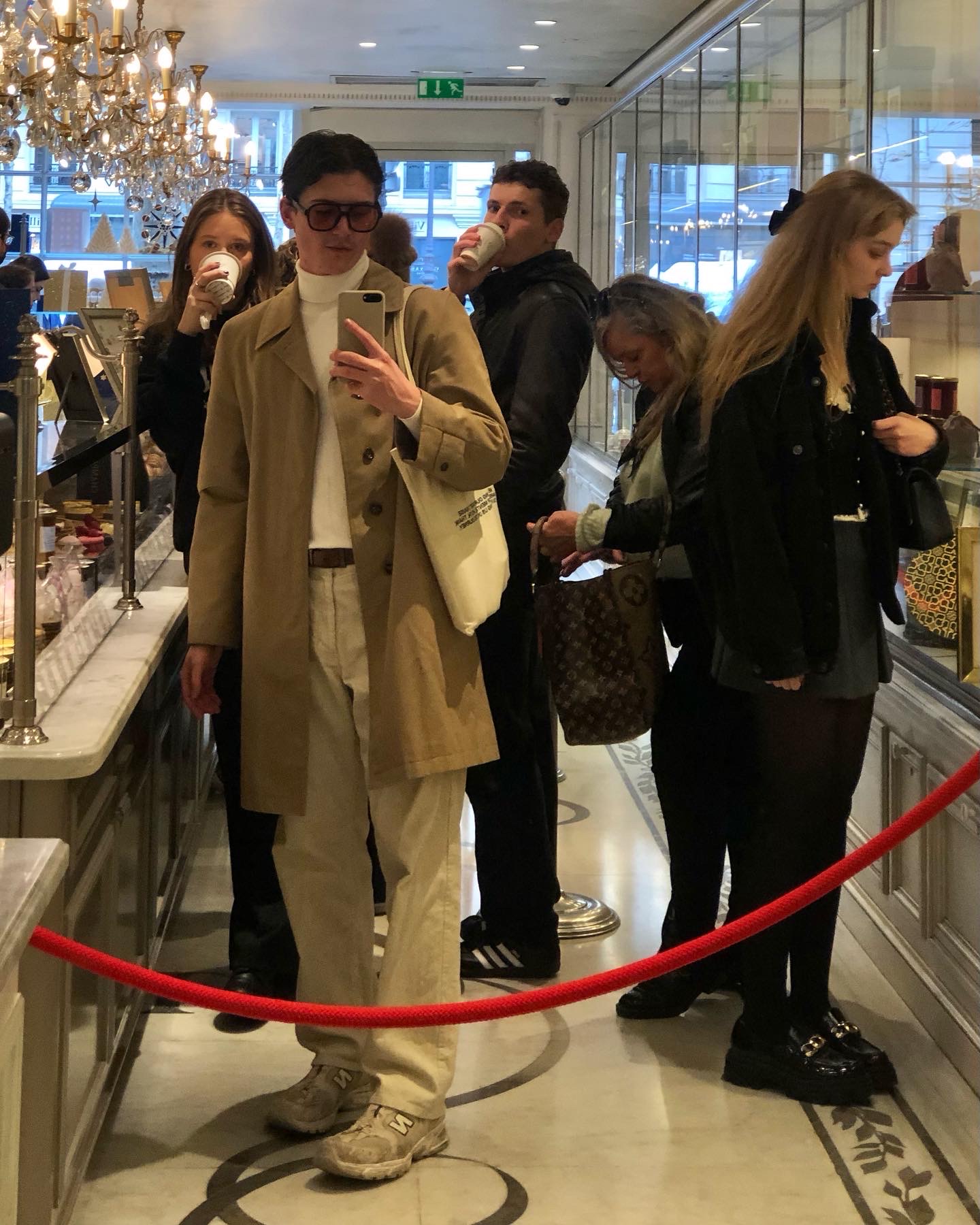
6. Free time
What are must-sees in the area?
Ghent itself is very nice to just walk around and see the old buildings. The outside neighbourhoods are nice as well, but very different from the city centre. From Ghent it is very easy to go to Antwerp or Brussels by train. I also visited Paris with a Flixbus. If you plan on travelling I would recommend to go early in the semester, because it is the least busy.
What does not appear in the travel guide, but is worth a visit?
Don’t know about the travel guide, but I recommend going to the museum night, which is one night per year where all museums are free of entry.
Do you have general tips and tricks about leisure time?
The ESN parties were fun, I would recommend to go there. Especially in the beginning you can meet a lot of new people. During the week most students party in Overpoort which is a party street. Thursday is the main party night. During the weekend most students go home (boring), but then you should go to places around the city centre. The best party I went to was one organized by the university itself. The students at the campus are very artistic so ask them for where to look for cool parties. Food was mediocre overall. There are nice places but you have to really look for it. Lunch is easier than dinner.
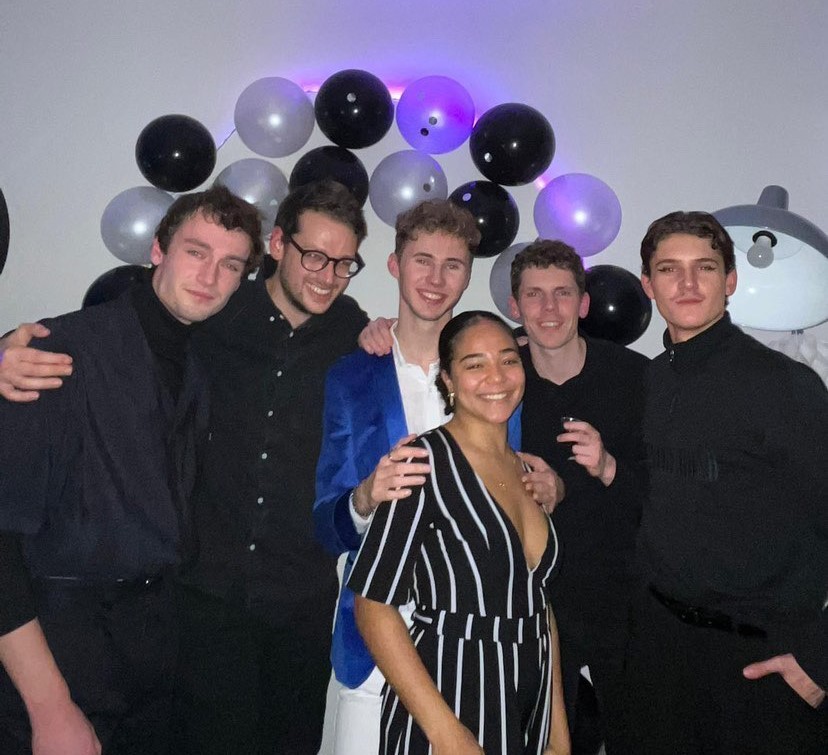
7. Challenges & best moment abroad
What was a challenge you have experienced?
I found it difficult that I didn’t have experience in the field of interior architecture. I felt like a beginner all the time and the other students had better developed skills.
What was your best memory abroad?
Meeting all my new friends. I honestly had the best time ever, it exceeded all my expectations.
8. Contact Details
Would you like to ask Jesper more questions about his exchange?
Send him a mail: jespergr@hotmail.com

